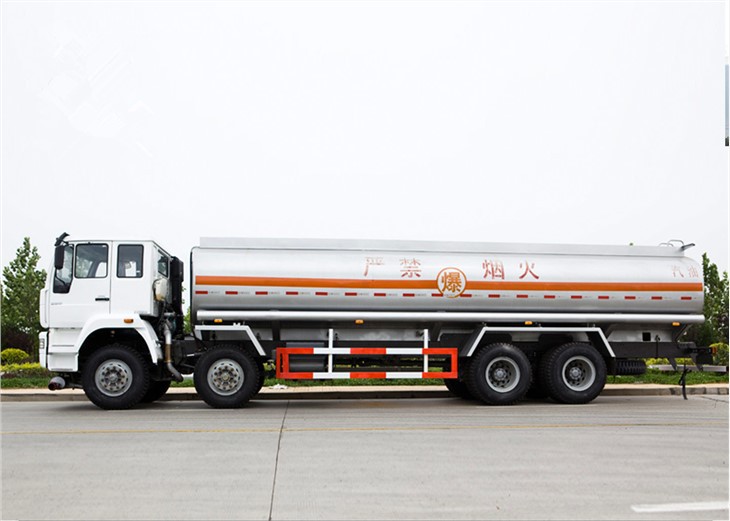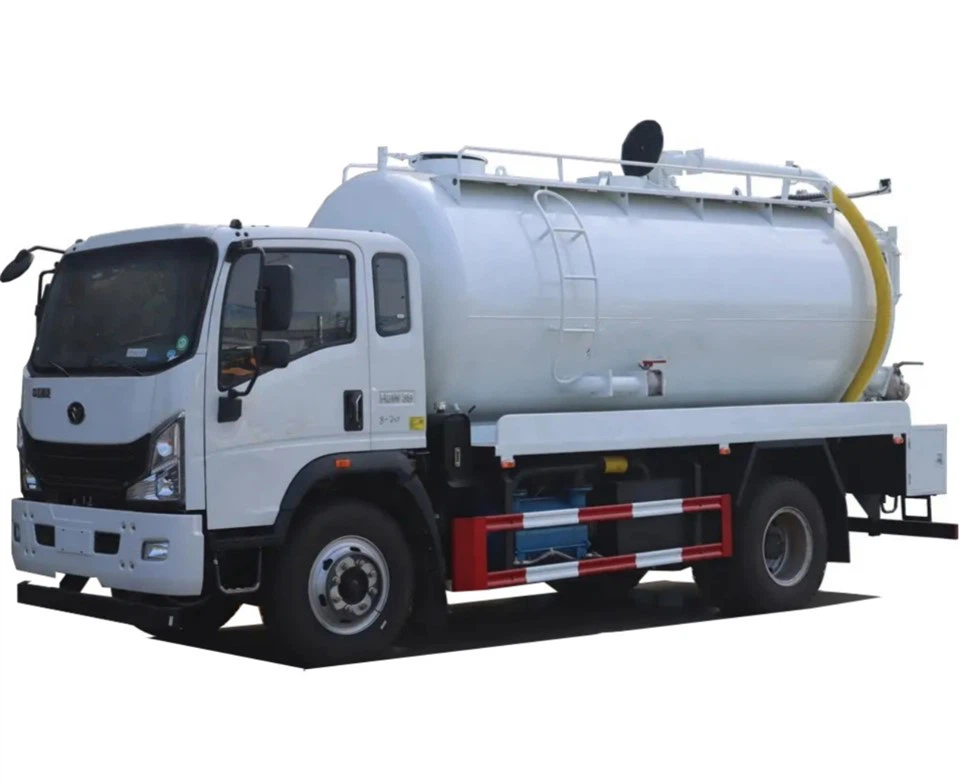Understanding Dump Truck Classification: A Comprehensive Guide

Introduction
Dump trucks play a crucial role in various industries, particularly in construction, mining, and transportation. Understanding dump truck classification is essential for selecting the right vehicle for a job. This article delves into the different types of dump trucks, their features, and applications. We will explore the key distinctions, advantages, and practical examples, ensuring that you have a well-rounded perspective on this vital equipment.
What is a Dump Truck?
A dump truck is a heavy-duty vehicle designed to transport and unload bulk materials such as sand, gravel, and earth. Equipped with a bed that can be tilted to allow for easy unloading, dump trucks are indispensable in construction sites and other industries requiring material transportation. Various dump truck classifications exist based on size, design, and intended use, which we will explore in detail.
Types of Dump Trucks
1. Standard Dump Trucks
Standard dump trucks are the most commonly used type. They come with an open-top bed, making them suitable for transporting loose materials. The bed is raised by hydraulic cylinders, allowing for efficient unloading.
Features
- Capacity: Typically ranges from 10 to 16 cubic yards.
- Powertrain: Usually built on a medium-duty chassis.
- Usage: Ideal for construction sites, road work, and landscaping projects.
2. Articulated Dump Trucks
Articulated dump trucks have a pivot point between the cab and the bed, allowing for greater maneuverability on rough terrain. They are designed to operate in challenging conditions, making them perfect for heavy-duty projects.
Features
- Capacity: Can handle loads of 25 to 40 tons.
- Maneuverability: Pivoting joint for better handling in tight spaces.
- Usage: Frequently used in mining, forestry, and large construction sites.
3. Transfer Dump Trucks
Transfer dump trucks consist of a standard dump truck combined with a trailer unit. This classification allows for increased material transport capacity without sacrificing maneuverability.
Features
- Capacity: Can haul up to 30 tons or more.
- Efficiency: Allows for multiple loads without requiring additional trucks.
- Usage: Useful for large construction sites and long-distance hauling projects.
4. Side Dump Trucks
Side dump trucks unload their contents from the side rather than the rear. This design increases unloading speed and allows for precise placement of materials.
Features
- Capacity: Generally similar to standard dump trucks but specialized for side discharge.
- Dumping Method: Side unloading is more efficient for certain materials.
- Usage: Common in urban areas and projects requiring accurate material placement.
5. Super Dump Trucks
Super dump trucks feature an additional axle to support a larger payload, which allows them to carry more weight legally. This type is ideal for heavy load transportation within regulatory limits.
Features
- Capacity: Can carry loads exceeding 30 tons.
- Design: Equipped with a lift axle that maximizes weight distribution.
- Usage: Often used for large-scale construction projects and infrastructure development.
6. Rear Dump Trucks
Rear dump trucks are the traditional variety, designed to unload contents from the back. They are the most straightforward design and widely used in various applications.
Features
- Capacity: Varies based on the model but typically offers substantial volume.
- Unloading Process: Simple hydraulic lift system for reliable performance.
- Usage: Versatile enough for construction, landscaping, and material transport.
Factors Influencing Dump Truck Selection
1. Load Capacity
Choosing the right dump truck often begins with assessing load capacity. Depending on the materials to be transported, your choice should align with legal weight limits and project requirements.
2. Terrain Conditions
The type of terrain where the truck will operate also influences your decision. For uneven or challenging landscapes, articulated or all-wheel-drive dump trucks may be necessary.
3. Project Scope
The scale and scope of your project can determine which dump truck classification is most suitable. For larger operations, transfer and super dump trucks are often viable due to their greater payload capacities.
4. Width and Maneuverability

Consider the width of the dump truck, especially if your project involves narrow pathways or confined spaces. Smaller dump trucks or side dump options might be more appropriate.

Cost Considerations When Choosing a Dump Truck
1. Initial Investment
The purchase price of a dump truck varies significantly based on its classification and features. It’s essential to evaluate the upfront costs, including financing options and warranties.
2. Maintenance Costs
Understanding ongoing maintenance expenses is crucial. Heavy-duty vehicles require regular inspections and repairs, impacting your overall cost. Research common issues associated with specific truck types.
3. Fuel Efficiency
Fuel consumption can greatly affect operating costs. Assess the fuel efficiency of different dump truck models to find the best fit for your budget and project needs.
Practical Tips for Using Dump Trucks Effectively
1. Regular Maintenance Checks
Conducting regular maintenance checks can prolong the life of your dump truck and ensure safety during operation. Regularly inspect brakes, tires, hydraulic systems, and overall truck condition.
2. Proper Loading Techniques
When loading materials, distribute the weight evenly to prevent overloading any side, ensuring safe transport. Avoid exceeding legal weight limits to maintain compliance and safety.
3. Effective Communication on Job Sites
Ensure clear communication among team members, especially regarding dumping zones and loading sequences. Use hand signals or radios to enhance coordination and safety.
4. Understand Local Regulations
Familiarize yourself with local regulations and weight restrictions on roadways. Non-compliance can result in fines and safety risks, so it’s crucial to adhere to all necessary guidelines.
Conclusion
Understanding dump truck classification and making informed choices based on your specific needs can greatly improve efficiency in project execution. With various types of dump trucks available, selecting the right one for your project is critical for optimal performance and cost-effectiveness.
Frequently Asked Questions (FAQ)
1. What is the maximum payload for a dump truck?

The maximum payload for a dump truck varies by classification. Standard dump trucks can carry about 10-16 cubic yards, while super dump trucks can handle over 30 tons, depending on regulations.
2. How do I know which dump truck is suitable for my project?
Consider factors such as load size, terrain conditions, and project requirements. Consulting with an equipment specialist can provide tailored recommendations.
3. Are there specific maintenance tips for dump trucks?
Regularly check hydraulic systems, brakes, tires, and engine conditions. Schedule routine maintenance to prevent breakdowns and ensure safety.
4. Can dump trucks be used for materials other than gravel and sand?
Yes, dump trucks can transport various materials, including soil, debris, and even some construction materials such as asphalt and concrete.
5. What are the environmental regulations concerning dump trucks?
Environmental regulations may include emissions controls and operating limits. It’s crucial to familiarize yourself with both local and federal regulations impacting dump truck operation.
6. How do articulated dump trucks compare to standard dump trucks in terms of performance?
Articulated dump trucks offer better maneuverability and are ideal for rough terrains, allowing for efficient performance where standard dump trucks may struggle.
